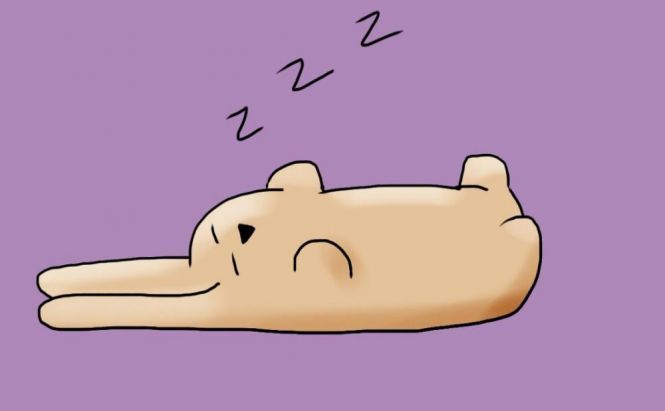 Free music recognition services
Free music recognition services
It's the 21st century outside and technologies can solve a lot of problems. Some problems should only worry IT specialists who can deal with compilation errors, stack overflows, bugs, and their products being used in ways they were not designed to be used in. That's why I think it's wonderful when the only difficulty in your life is vain endeavors to identify the song that stuck in your head and is playing and playing again and again. Don't worry, here is a medicine to cure you of that fever: several free sources to record, sing, tap or hum a melody.
Shazam
I think there are enough articles all over the Internet concerning the useful properties of that program/app, that's why I will be brief. I have to mention this service since I have been using it by myself for a long time and it has always been my magic wand while driving and listening to my favorite radio station. Well, the procedure is ci-devant: 'Touch to Shazam' and enjoy!
P.S. You can also use Shazam on PC or Mac – just google it to find users' tutorials.
Midomi
I can't say that I have no ear for music, but I'm not a professional singer. Nevertheless, Midomi succeeded in identifying my mumbling. The ultimate music search lets you click and sing or hum, the only advice is singing not less than 10 seconds. You will instantly see the results (in the form of a list). Besides the Voice Search, you can take advantage of the Text Search to search through artists, songs or albums.
P.S. Please make sure there is no background music to see a more precise result.
MusiPedia
While Shazam is a magic wand, MusiPedia might become your Aladdin's lamp. This service is the most flexible and useful among all that are presented here as it offers a wide list of music identification opportunities. Although the website's interface is rather simple, its developers strained every sinew to saturate it. Recognition types are divided into 5 groups: Keyboard Search, Contour Search, Flash Piano, By Microphone, and Rhythm Search.
Keyboard Search
First of all, you can use a) a computer keyboard (DE, FR, and US languages), b) a mouse, c) an external MIDI piano. As soon as you've chosen a reproduction method, reproduce a melody, then play it and look for matches. Once it's done, click on search and look for your string of notes in MusiPedia library or through the Web.
P.S. You can also delete accidental notes in the line or search phrases using keywords.
Contour Search
To create a melodic contour, you ought to resort to the help of Parsons Code. That code (formally named the Parsons Code for Melodic Contours) is an elementary notation formed of melodic motion. Well, to make a piece of music playing in your head digital, press U, D, and R keys to move your melody trajectory Up and Down or Repeat it. Search through categories like Classical or Pop music, Folk songs, Hymns&Carols or National Anthems.
Flash Piano
A piano keyboard appears in front of you and all you need is to press the keys (or connect an external MIDI piano). Choose to match a melody from Start, Anywhere or Near the Start. There is a very useful feature (Rvp) which is developed to specify the importance of rhythm versus pitch. You can see all your notes in the progress bar below the keyboard.
By Microphone
This category is for those who are not at work (otherwise you run risks to catch your colleagues' quizzical looks). To let the system identify your tune, you should use your microphone to sing or whistle it. Be on the lookout for singing every note on the same syllable instead of singing with actual lyrics. Once the type is ready, you can play it. In case you face any difficulties, read detailed instructions provided by the developer.
Rhythm Search
The last tab is the most preferable one for me. Here you should fall back on the tapping method. To enable recording feature, click on 'Start Tapping'. To record the rhythm, press any keyboard button. Just continue tapping the same button to build a melody that has stuck in your head. In my opinion, this is the easiest way to reproduce the melody and get the final result many times easier and faster.
P.S. That's it!






